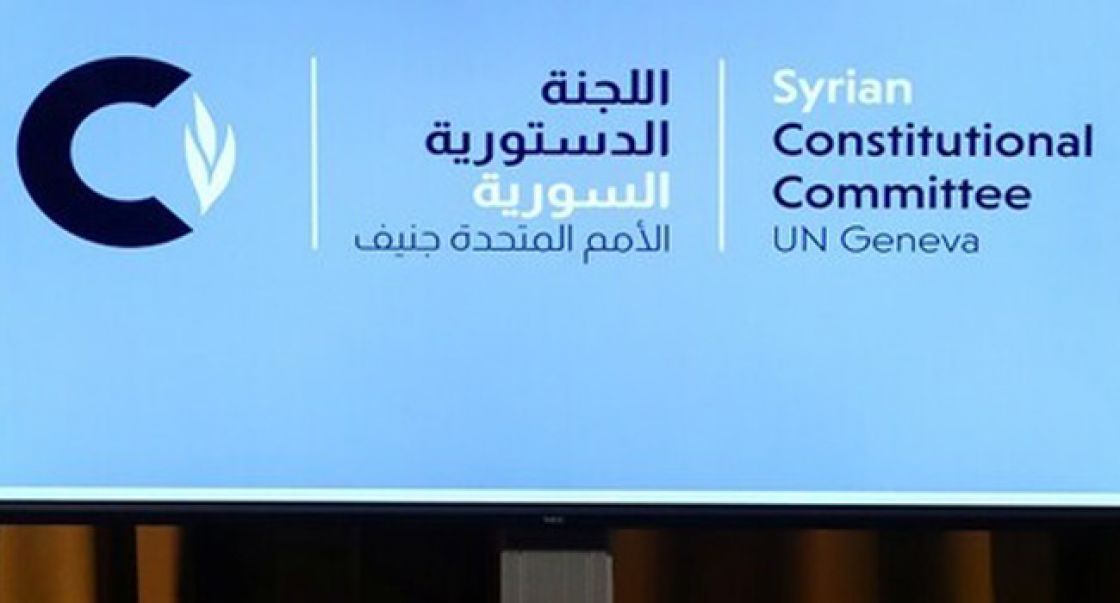- Editorials
- Posted
Why did the Second Round of SCC Fail?
Last Friday, November 29, the second round of the Small Body of the Syrian Constitutional Committee (SCC) ended without any meeting of its 45 members. The round was limited to fruitless polemics on the agenda, in parallel with mutual accusations, suggesting, only formally, to return to the same atmosphere of the previous Geneva rounds, which were dominated by extremists on both sides, their mentality and their propositions.
If the political and media platforms have exhausted themselves in dealing with the event in the traditional cynical way – that the Syrians have got tired of – trying to interpret the failure either by throwing accusations from one side on the other, or by flooding the issue with details and variations of the proposed agendas, and concentrating on events such as who arrived first to, or left first from, the UN building, and what was said in the media and so on and so forth… it is necessary to find out the deep causes of this failure, without completely neglecting the details, but by putting them within their normal size as details...
The profound reasons for the failure of the second round, in which contributed the extremists on both sides, hand in hand as usual, can be summed up by the following basic ideas:
First, some extremists still treat the idea of dialogue between Syrians, and consensus among themselves, as if it is merely a worthless decoration for an international and regional consensus that decides Syria's future. That is, they have a delusion that such a consensus is sufficient by its own for reaching solution; at this point, each party dreams of a solution compatible with its own interests, so each party uses the dialogue to make maneuvers holding to some hopes or delusions that make him bet on waiting for some change in international balance of power in a direction suitable to his own interests. There is no doubt that international and regional consensus on solving the Syrian crisis, even at minimum levels, is a necessary condition for a solution, but it is certainly not enough, especially since the international conflict clearly indicates that the size of consensus will never reach complete coincidence, but will remain within some minimum, or maybe medium, levels. In other words, the effort that the Syrians have to make to reach consensus is absolutely indispensable at all, in order to reach the desired solution and to implement the UNSCR 2254.
Second, the trend, apparently opposite of the former, but in essence identical to it, which overestimates the weight of the internal Syrian-Syrian consensus as if it were above the level of international and regional balance. Moreover, this trend not only abstain from getting advantage of the consensuses already achieved, but also wrongly believes in having ability to win by means of maneuvering through gaps within these consensuses, thinking that the best way to prevent any change in Syria is to maintain a zero-sum and destructive outcome of the international struggle over Syria, so that the conflict continues as long as possible, and change in Syria and resolution of the crisis remains pending.
Third, the two previous ways of thinking reflect their thinker's belonging to a previous international situation, to a past that did ended, but they do not know to work except within it, so they have no political will to change or move forward within framework of the political process.
The new international and regional situation, with its consensuses and conflicts, is an entirely new situation, in which extremists can not continue, and their inability to adapt to the new situation is rapidly diminishing their chances of being part of the political scene of the new Syria, which will be born through the full implementation of the UNSC resolution 2254, including the Constitutional Committee, reaching the Syrian people's enjoyment of their self-determination and independent creation of their country's future.
Kassioun Editorial, Issue No. 942, December 2, 2019


